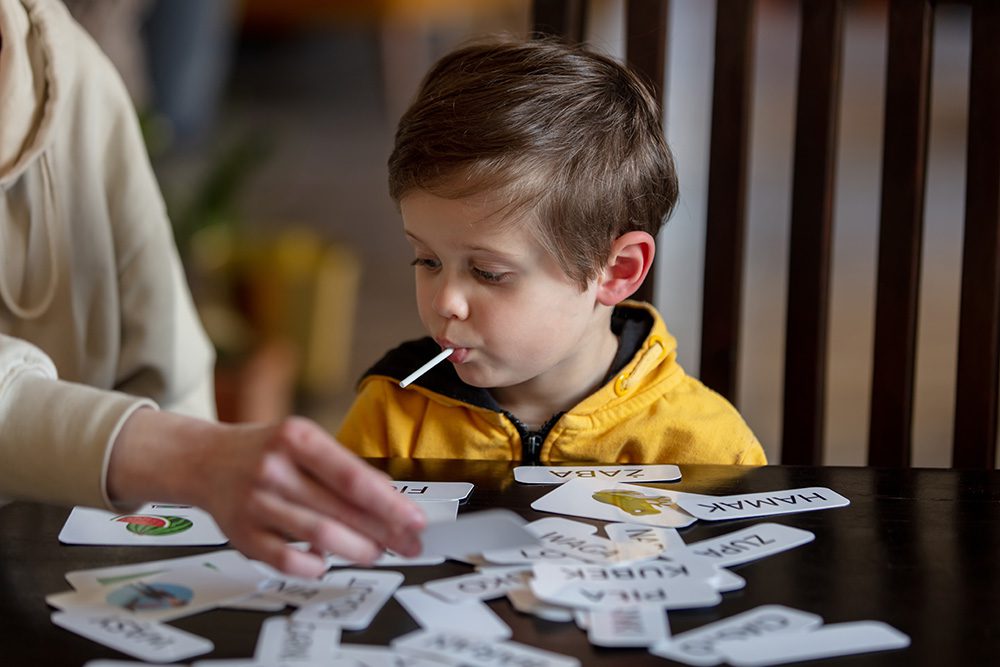Early signs of autism

Detecting early signs of autism is important to make the most impactful positive change for children with autism to enable them to maximise their potential. Secondly, your child may be eligible to access support and NDIS sooner, if you are able to identify these early signs. Your child’s friends, family and teaching staff will also likely benefit from understanding your child’s condition.
Children can be classified into categories by their developmental age by recognising the behaviours and actions they are capable of, also referred to as developmental milestones. These come with an ‘average’, or the typical age range of a particular child when they reach a particular milestone. If a child passes a particular age range without having met the corresponding milestones, they are not at their developmental age and should be considered for a range of developmental disorders, that include autism. Depending on the child, signs of autism may not be recognised until they reach school age.
Moreover, you may notice some signs in your child before school age, however, you will need further advice and a diagnosis from a health professional with expertise in autism.
Below is a checklist of common signs and characteristics of autism:
| Expected developmental milestones | Seek support if: |
| 12 month old | |
|
|
| 24 month old | |
|
|
| 36 month old | |
|
|
| Preschool age | |
Social communication
Behavioural red flags
| |
https://www.autismawareness.com.au/could-it-be-autism/autism-and-girls/
Published On : February 5, 2021
Read more
Published On : July 15, 2021
In Australia, reputable experts have endorsed ABA-based interventions and Autism programs.
Published On : February 5, 2021
Early Intensive Behavioural Intervention (EIBI), is an evidence-based, comprehensive intervention for autism spectrum disorders and related challenges based on the principles of ABA. Early Intervention has been shown to be…


